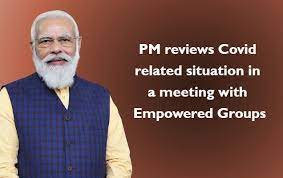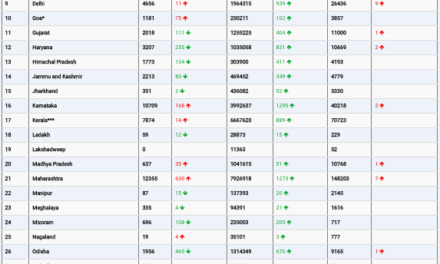
During a global conclave, experts emphasized that despite India having 60 million arthritis patients, authorities have yet to classify the disease as a major non-communicable disease (NCD). This discussion unfolded at the ongoing fifth edition of the Global Ayurveda Festival, focusing on health challenges posed by non-communicable diseases like diabetes, hypertension, and heart ailments that significantly impact public health.
Dr. Arvind Chopra, Ayush Distinguished Chair for Public Health and Epidemiology, revealed insights from a national musculoskeletal pain survey indicating a prevalence of arthritis at 0.32%. However, extrapolating this to India’s population reveals a staggering 60 million affected individuals. Moreover, many individuals delay seeking medical intervention until the condition worsens significantly.
Experts highlighted the potential for effective control of diseases like arthritis and diabetes by integrating Ayurvedic treatments with conventional therapies. Professor Anup Thakar from the Institute for Post-Graduate Teaching and Research in Ayurveda, Gujarat, and Valdis Pirags, a Professor of Medicine from the University of Latvia, shared evidence illustrating how combining Ayurveda with yoga could manage and potentially reverse diabetes.
Thakar referenced a 2021 global study identifying 532 million diabetes cases, projected to escalate to 783 million by 2045. Alarmingly, 266 million of those identified as diabetics were unaware of their condition, signifying a significant health concern.
Pirags delved into detailed studies showcasing the impact of Ayurveda treatments on the hypothalamus, responsible for regulating endocrine systems in diabetes patients. He advocated for a fusion of Ayurvedic wisdom with modern medical approaches as the way forward.
Professor S. Gopakumar from the Government Ayurveda College, Kerala, shared impactful case studies demonstrating Ayurveda’s effectiveness in treating severe diabetic and respiratory cases. He highlighted the limitations of modern medical approaches, leading patients to seek alternative treatments.
Gopakumar also stressed the need for community-level immunity enhancement, particularly in the wake of rising air pollution levels in New Delhi, emphasizing a shift from individual-focused to community-based health approaches.










